Note about issues with digitally signed B&W applications
9. December 2020 | Updates
During the past months, we received a small number of reports describing issues with loading IFX or AFX during Creo startup. Analyzing the problem, we found that the code signature we’re using seems to be lacking compatibility with very old, unpatched versions of Windows or Windows Server that don’t have internet connectivity.
The signature can be understood as a notarial certification for data. It ensures that software originates from the vendor designated in the signing certificate and aids with malware detection. This mechanism is mandatory for Creo addons since Creo version 7 – including the packaged B&W products IFX and AFX. When checking the signature, the certificate authority must be known to the operating system – i.e. the “notary” must be included in the operating system’s list of “notaries”. We checked this using recent operating system versions when we introduced code signing for B&W applications. However, the certificate authority for our signing certificate was obviously not included in very early versions of Windows 10, but added with a later update. The impacted systems were disconnected (“air-gapped”) from the internet and not patched to an up-to-date version. Hence, the missing certificate authority led to said problems during Creo startup.
Not only because of this, we recommend taking care of running an up-to-date operating system version. Recent patch versions of Windows should not be affected by those problems. PTC published two workarounds in a support article: The certificate authorities ‘Certum CA’ as well as ‘Certum Trusted Network CA’ can either be added to the operating system manually, or AFX and IFX can be disabled using config.pro options, if not used. Details can be found in the linked article.
This could be interesting for you
-

Meet us at the PTC/USER Global Summit 2025 in New Orleans!
10. January 2025 | Fairs & Events -
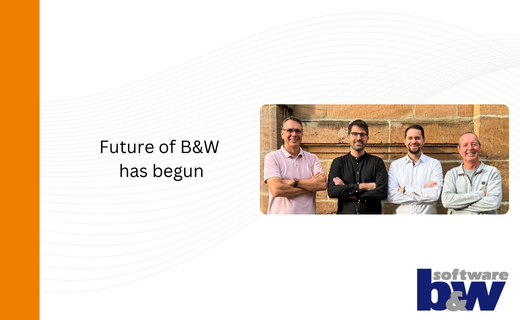
Future of B&W has begun
9. October 2024 | Updates -

No security alert of B&W License Server 11.19.1.0 regarding lmadmin
29. January 2024 | Tips & Tricks -

Potential issues in running B&W Software products in Creo 9.0 and 10.0
18. January 2024 | Updates -

Meet us at the PTC/USER Global Summit 2024 in Orlando!
25. September 2023 | Fairs & Events -
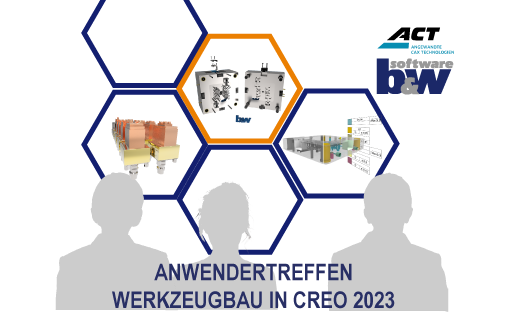
User Event Tooling 2023
23. August 2023 | Fairs & EventsUpdates -

Successful Windchill implementation project
26. October 2021 | Updates -
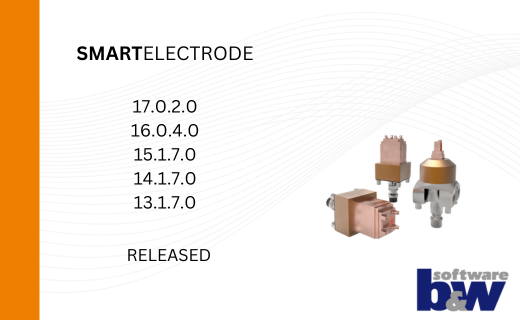
New SMARTElectrode Versions released
15. January 2025 | Updates -
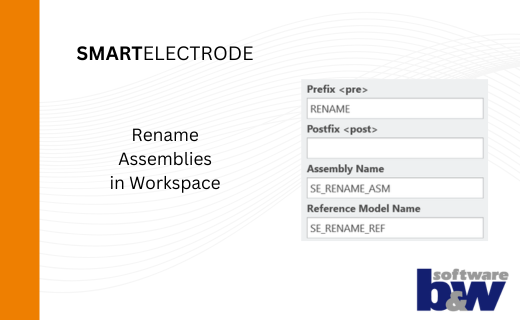
Rename Assemblies in Workspace
15. January 2025 | Tips & Tricks -
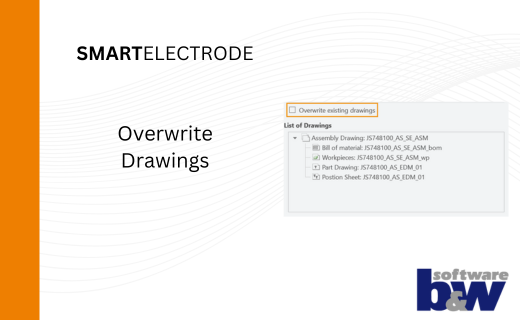
Overwrite Existing Drawings in SMARTElectrode
15. January 2025 | Tips & Tricks -
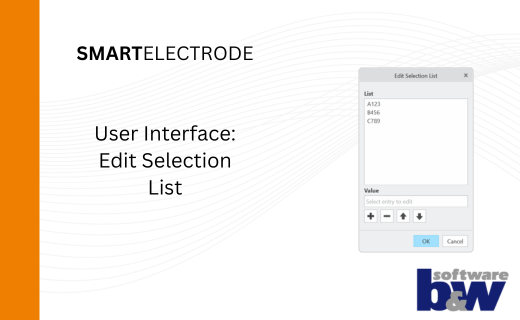
New User Interface to Edit Selection Lists in SMARTElectrode
15. January 2025 | Tips & Tricks -
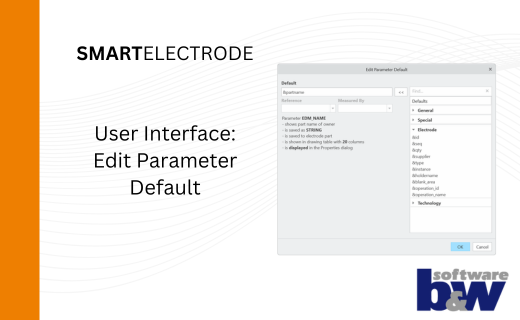
New User Interface to Edit Parameter Defaults in SMARTElectrode
15. January 2025 | Tips & Tricks -
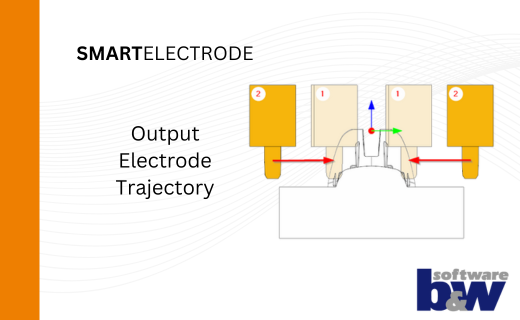
New Parameters to Output Trajectory in SMARTElectrode
15. January 2025 | Tips & Tricks -
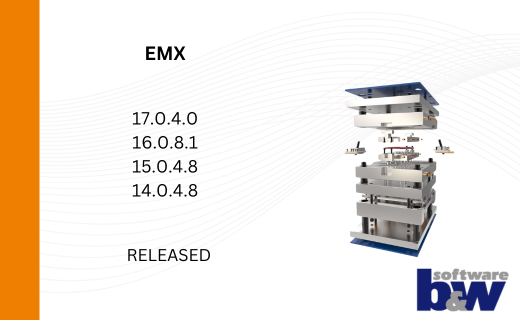
New Version for Expert Moldbase Extension EMX 17.0.4.0, 16.0.8.1, 15.0.4.8, 14.0.4.8 available!
14. January 2025 | Updates -

Enhancement of the Function for Generating the Fluid Circuit models in Expert Moldbase Extension
14. January 2025 | Updates -
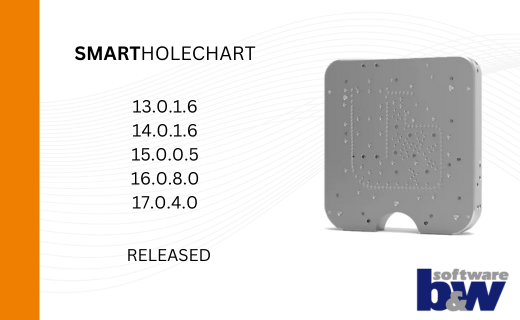
SMARTHolechart 13.0.1.6 / 14.0.1.6 / 15.0.0.5 / 16.0.8.0 / 17.0.4.0
7. January 2025 | UpdatesUpdates -
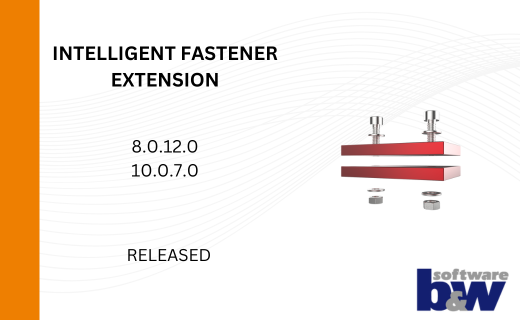
IFX Versions 8.0.12.0 / 10.0.7.0 / 11.0.3.0: Enhancements and Bug Fixes
17. December 2024 | UpdatesUpdates -

Recap: MBD TALK&TOOLS at B&W 2024
15. November 2024 | Fairs & Events